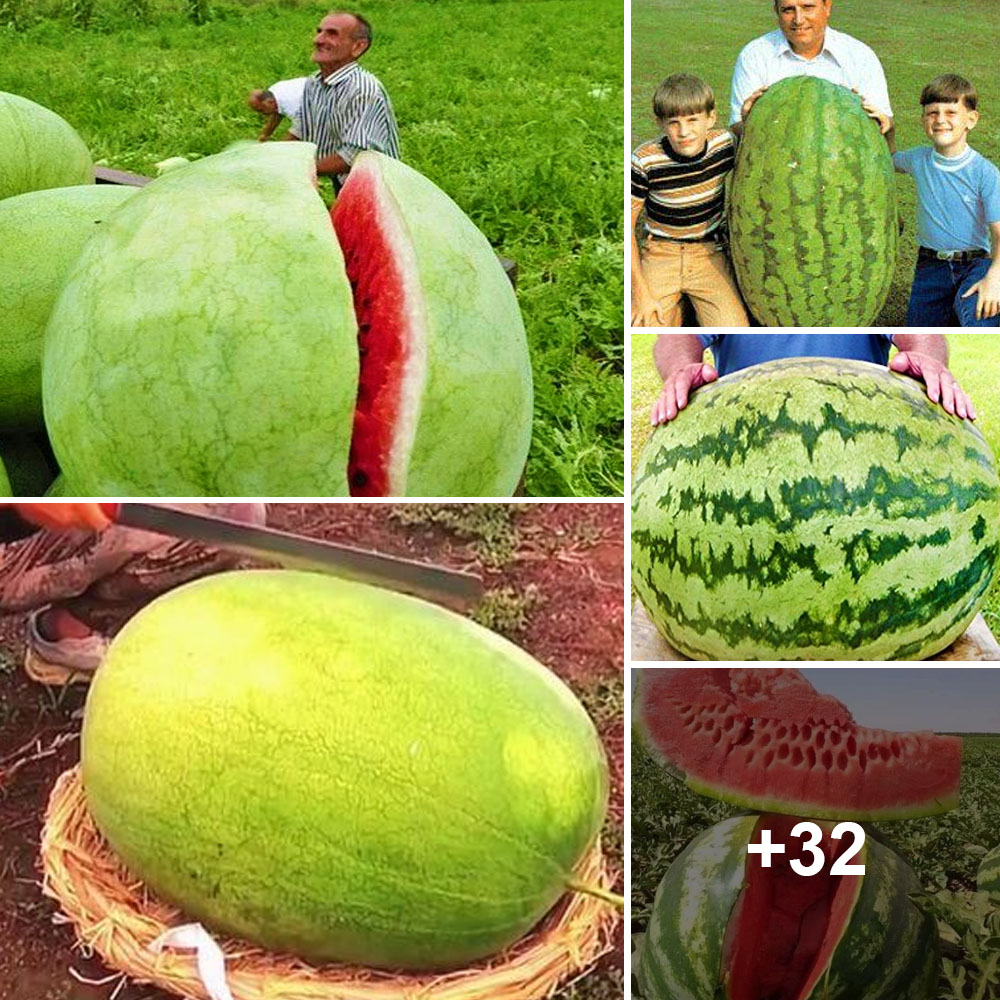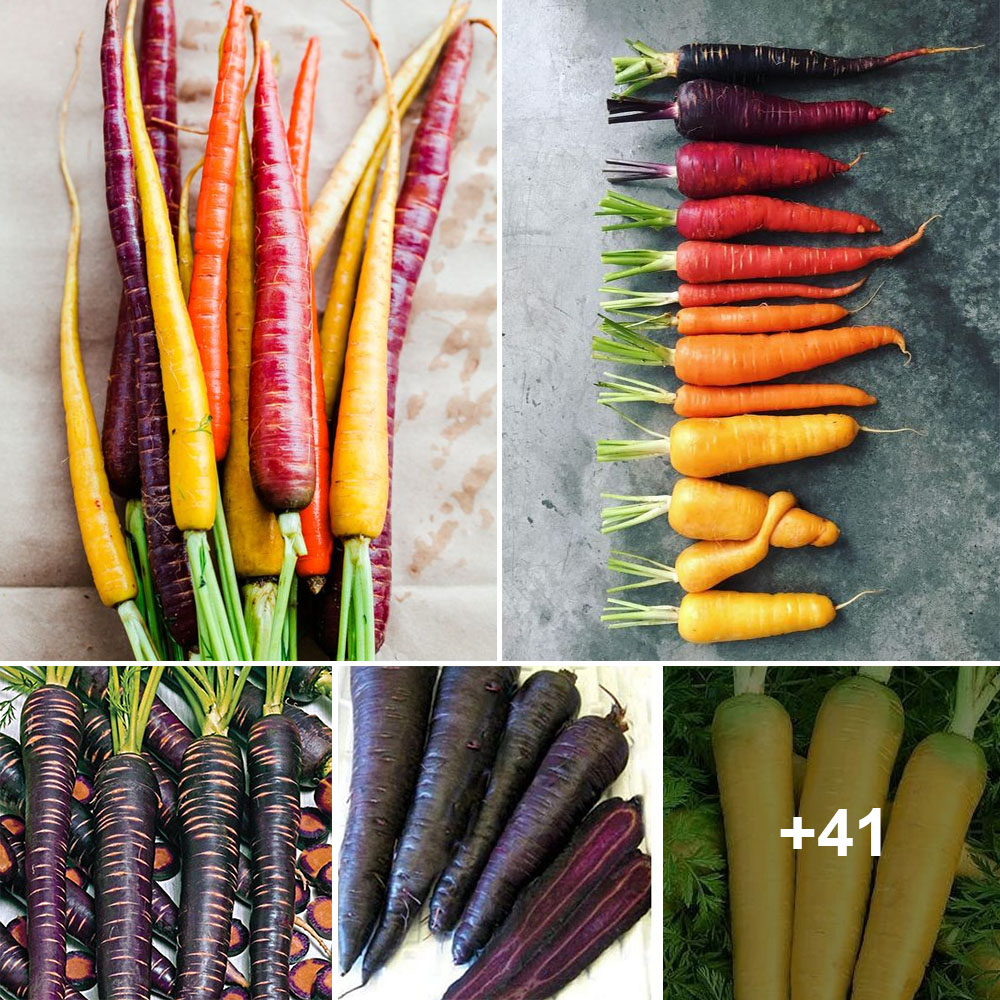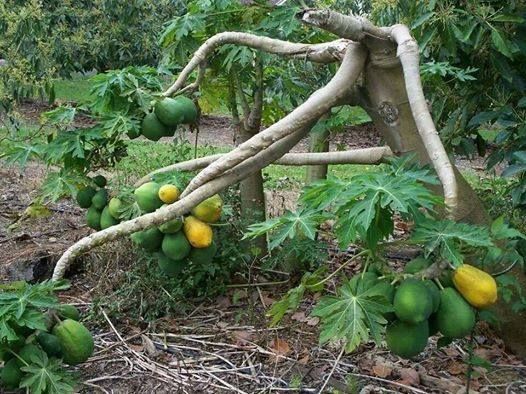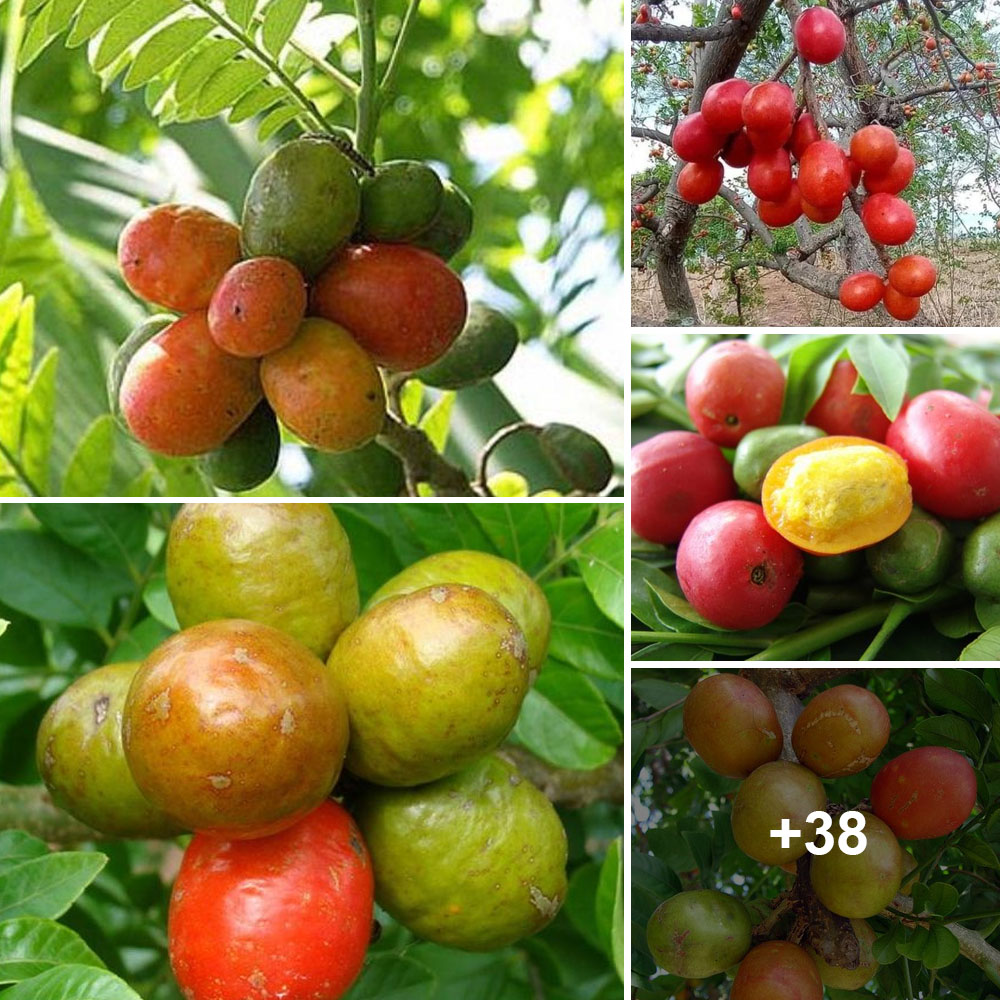The African Baobab tree, often referred to as the “Tree of Life,” stands as a testament to the resilience of nature. Its imposing presence and distinctive appearance have captured the imaginations of people worldwide. Beyond its remarkable trunk and cultural significance, the Baobab tree bears a precious gift – its fruit.
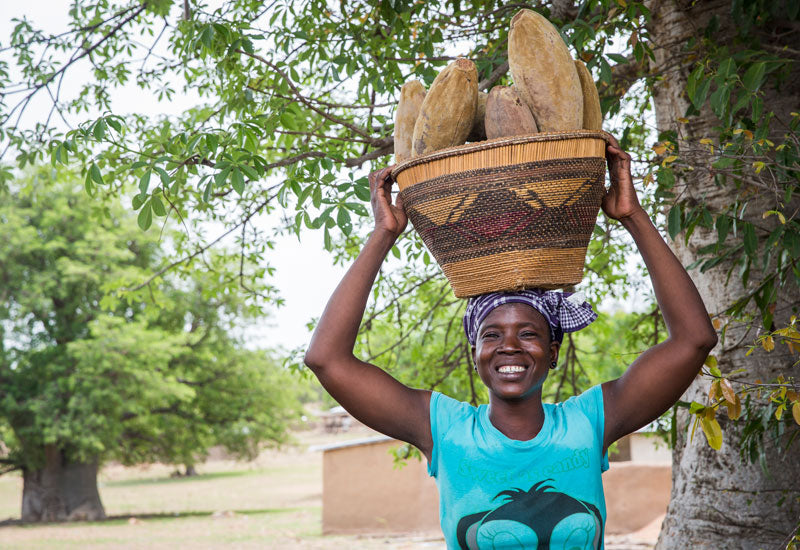
The Baobab fruit, also known as the “superfruit of Africa,” is a true marvel of nature. It thrives in the harsh African savannahs, where few other plants can survive. The fruit itself is a large, oblong pod with a hard, woody shell. Once cracked open, it reveals a powdery pulp that holds a treasure trove of nutrients.
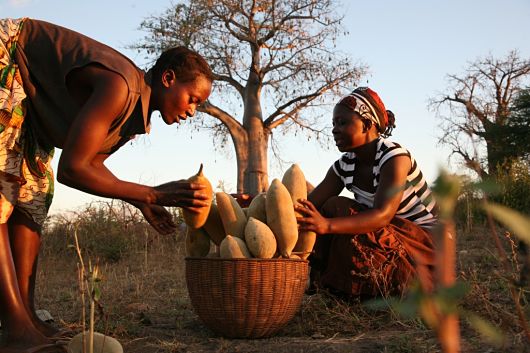
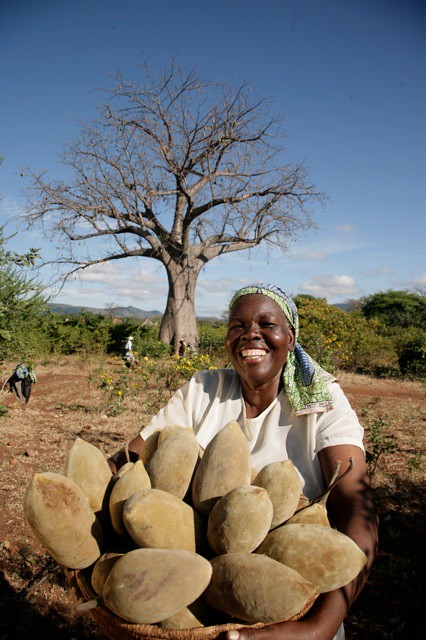
One of the most remarkable aspects of the Baobab fruit is its nutritional richness. It is a powerhouse of essential vitamins and minerals, including vitamin C, vitamin B6, niacin, calcium, iron, potassium, and magnesium. But what truly sets the Baobab fruit apart is its extraordinarily high vitamin C content, which surpasses that of citrus fruits like oranges. This makes it a potent natural source of antioxidants, aiding in the fight against oxidative stress and supporting a healthy immune system.
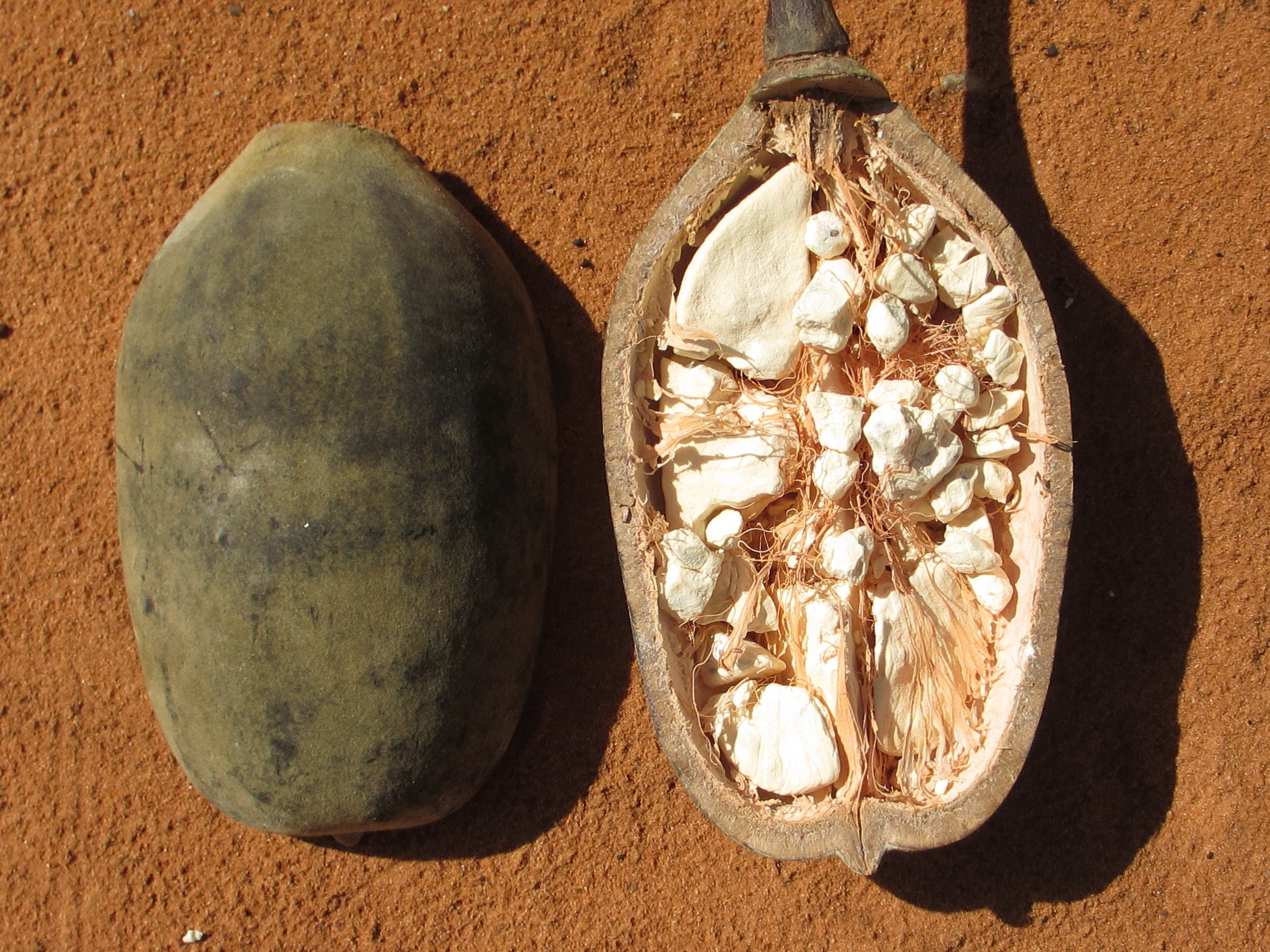
In addition to its nutritional value, the Baobab fruit offers a refreshing taste that blends tanginess with subtle sweetness. It is a versatile ingredient in African cuisine, used to make beverages, jams, and even a type of sorbet. Baobab powder, derived from the fruit’s pulp, is also gaining popularity as a dietary supplement and natural flavor enhancer in various culinary creations.
Beyond its culinary uses, the Baobab fruit plays a significant role in traditional African medicine. Indigenous communities have long relied on its healing properties to treat various ailments. It is believed to aid digestion, alleviate fever, and provide relief from diarrhea. The fruit’s versatile applications extend to skincare, where its oil is used for its moisturizing and rejuvenating properties.
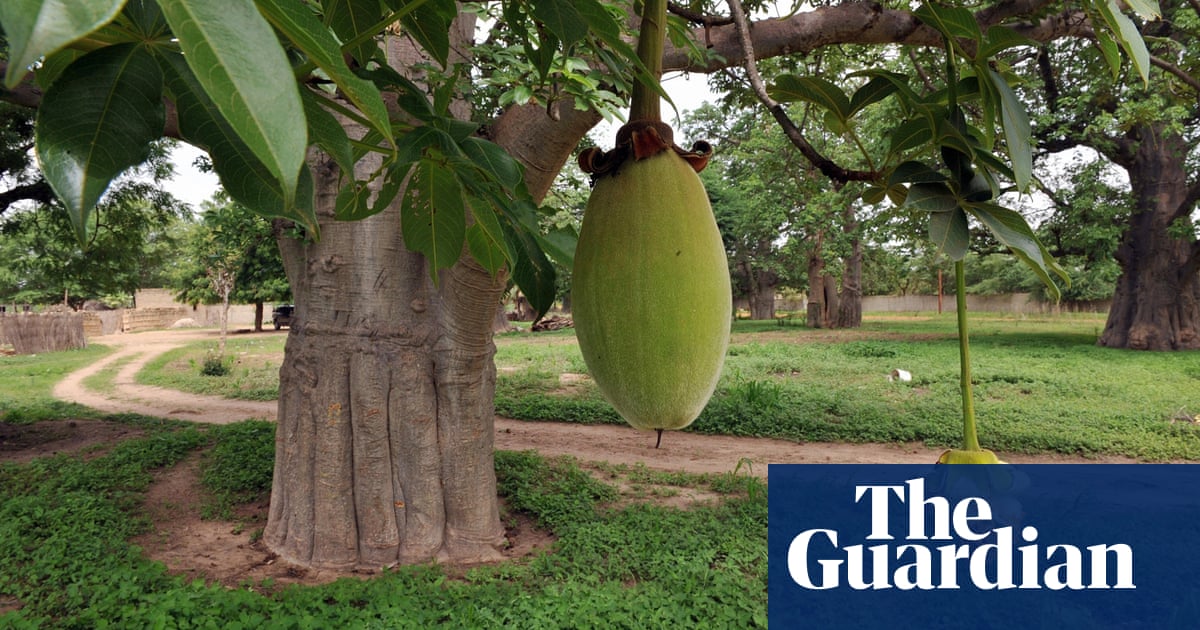
The Baobab tree and its fruit have not only sustained communities for generations but also inspired countless legends and stories. In African folklore, the tree is often associated with spiritual significance and is considered a link between the earthly and divine realms.
Today, as the world seeks more sustainable and nutritious food sources, the Baobab fruit is gaining global attention for its potential to address both food security and health challenges. Its resilience in harsh environments and exceptional nutritional profile make it a symbol of hope and possibility for a better future.
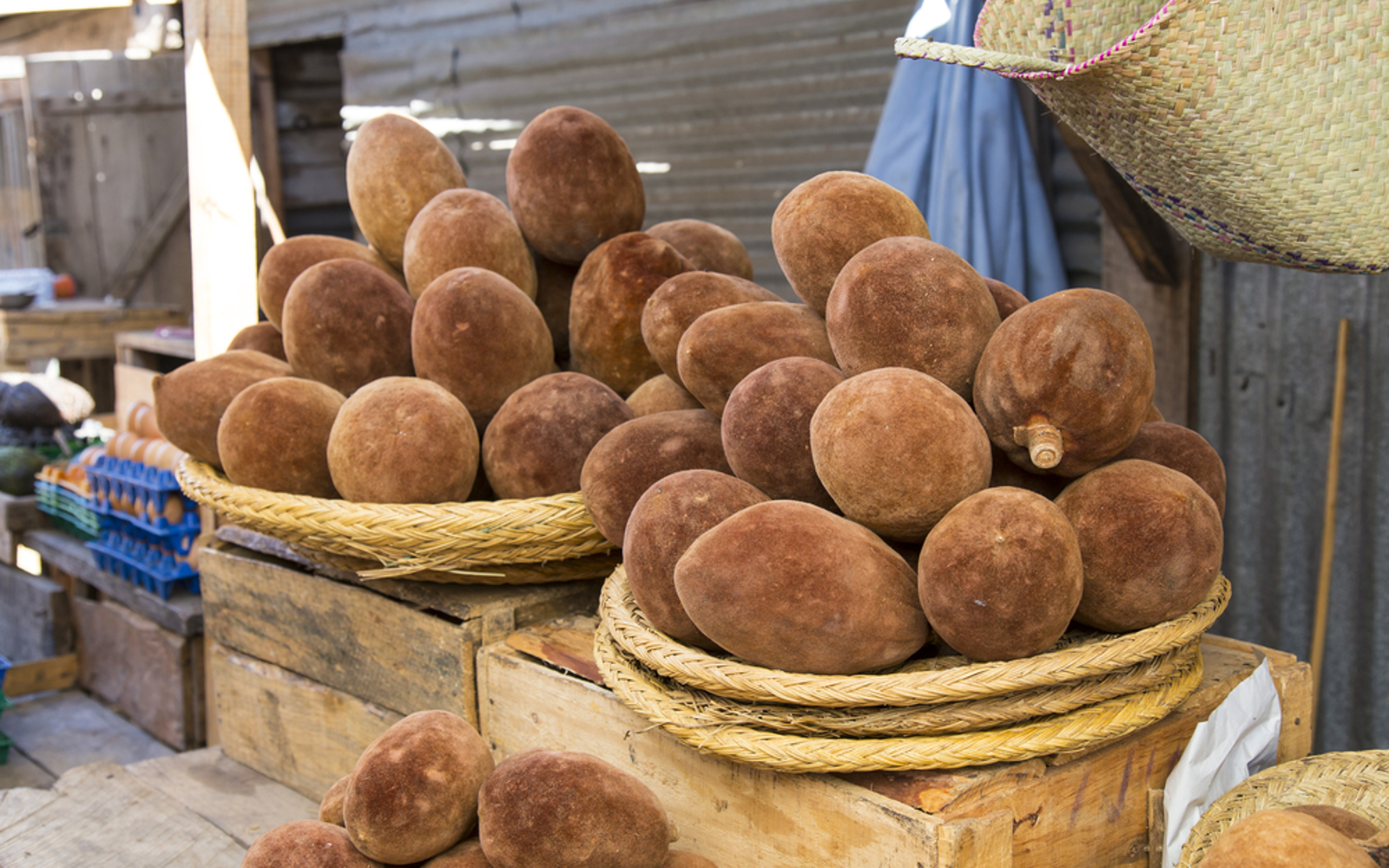
In conclusion, the Baobab fruit, borne by the iconic Baobab tree, is a true marvel of nature. It stands as a testament to the ingenuity of life, thriving in the most adverse conditions and offering a wealth of nutritional and medicinal benefits to those who cherish it. As we continue to explore the riches of our natural world, the Baobab fruit reminds us of the hidden treasures waiting to be discovered and shared for the betterment of all.
In the heart of Africa, amidst the vast savannahs, the mighty Baobab tree and its precious fruit continue to be revered, reminding us of the profound connections between nature, culture, and human well-being.
